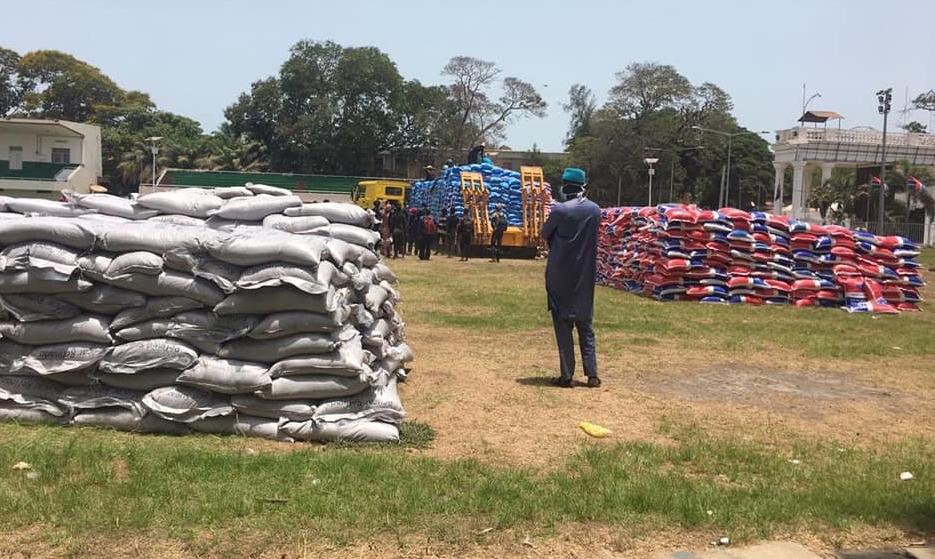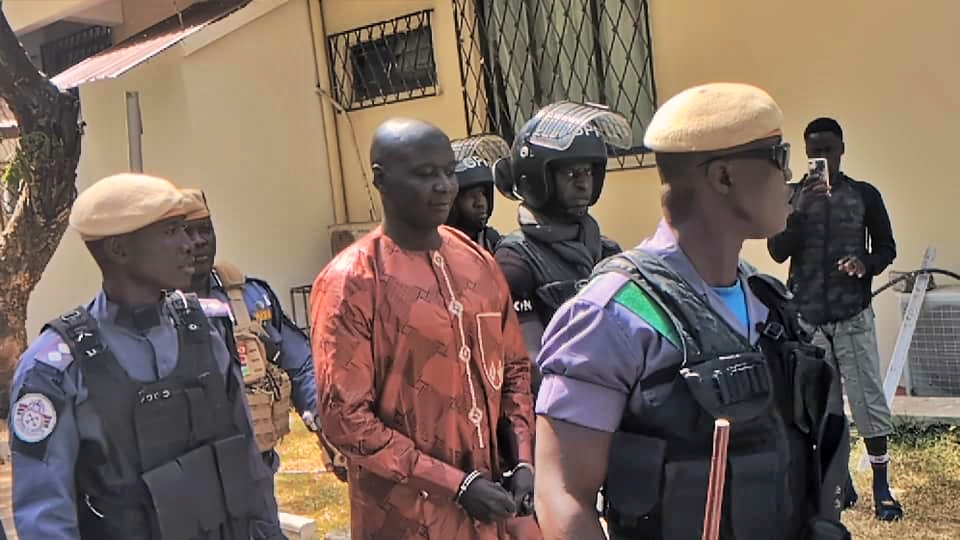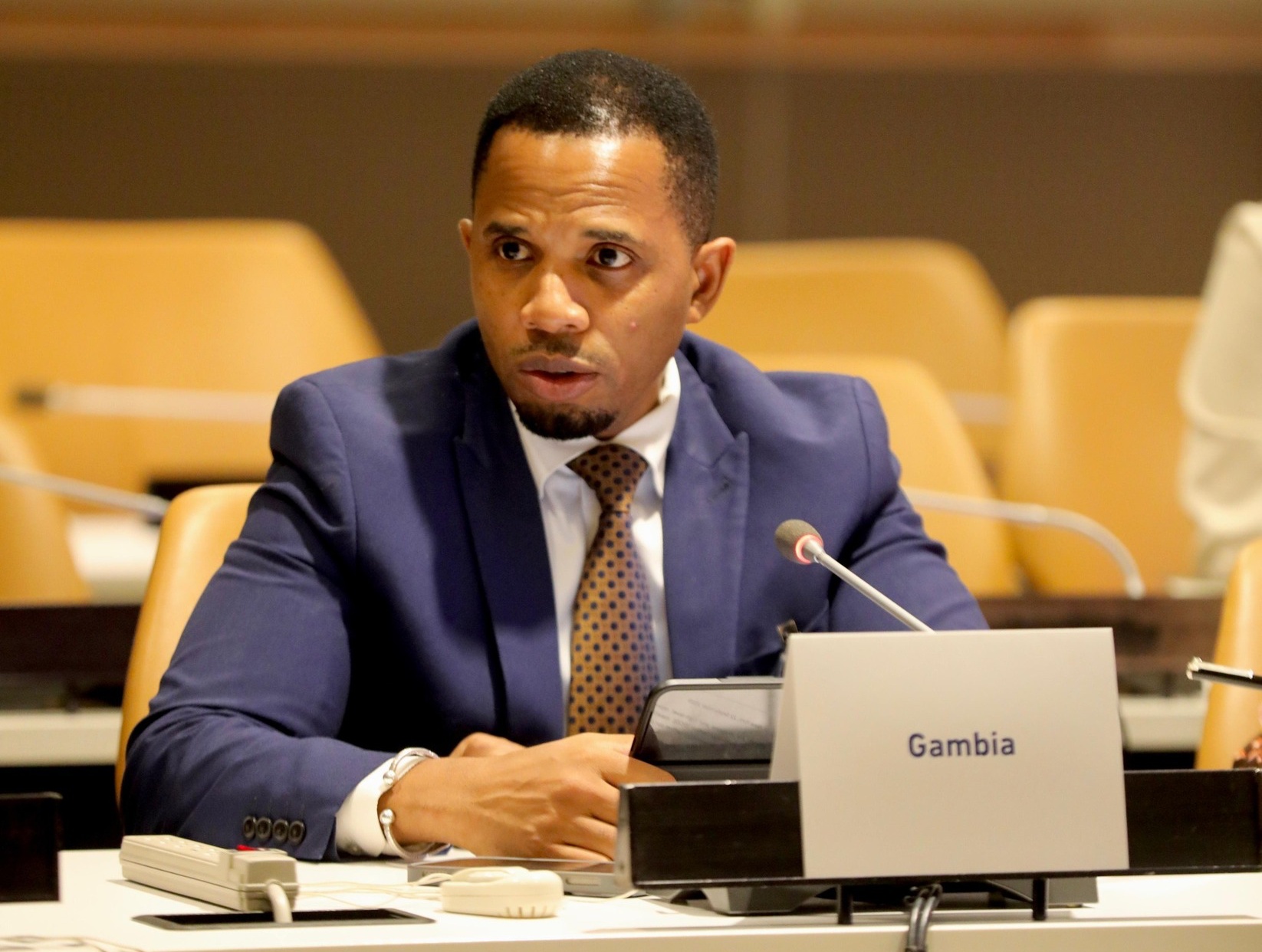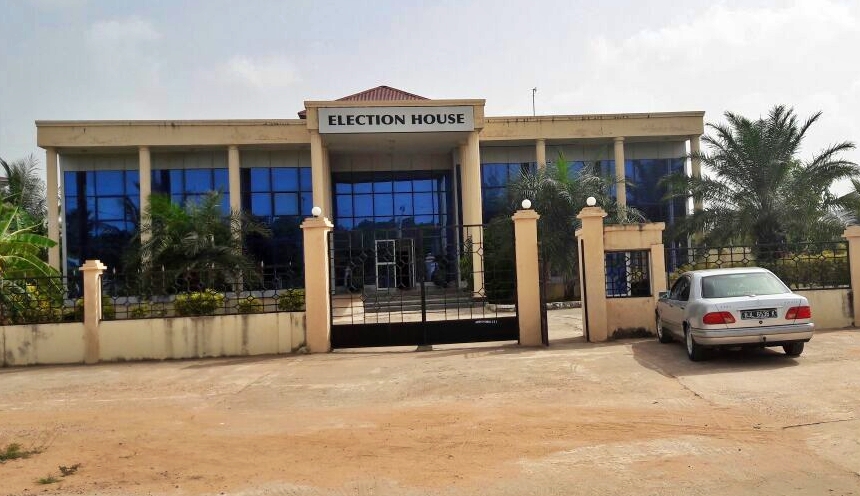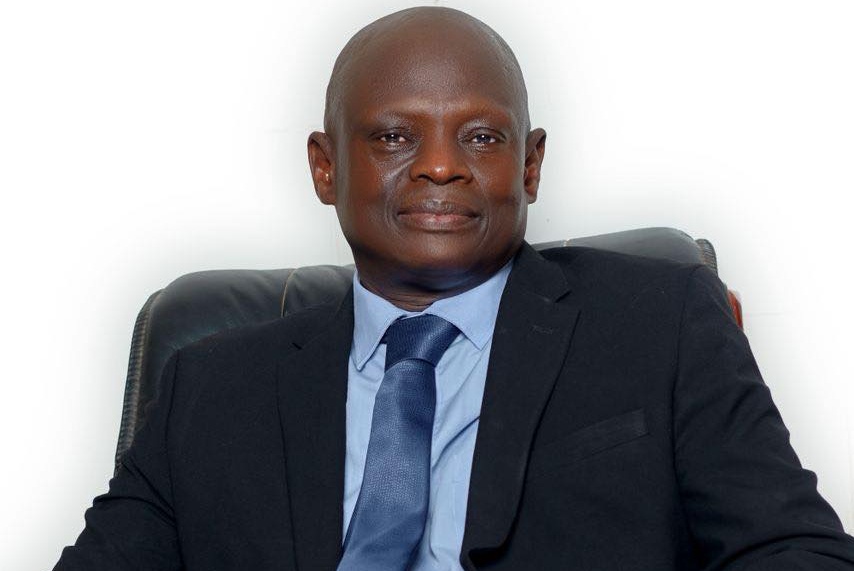Gambiaj.com – (BANJUL, The Gambia) – Lamin J. Darboe has resigned from the United Democratic Party (UDP), citing the party’s reluctance to reform and lack of transparency. The prominent lawyer recently took part in the flagbearer selection of the UDP’s 2026 candidate for the presidential election.
Lawyer Lamin J. Darboe’s dramatic resignation from the United Democratic Party (UDP) has sent fresh shockwaves through the country’s main opposition party, underscoring the deep fractures that have persisted since the selection of Ousainou Darboe as flagbearer for the 2026 presidential elections.
His departure, coming on the heels of other high-profile resignations, has further exposed the internal bleeding the UDP has been struggling to stop over the past weeks.
Lamin J. Darboe, once seen as a rising star and potential alternative to the veteran leader, was a key figure during the party’s internal consultations on the 2026 flagbearer.
His name had been floated by reform-minded members who believed the UDP needed a generational shift to rejuvenate its base and mount a credible challenge against President Adama Barrow’s National People’s Party (NPP).
However, the party’s decision to stick with Ousainou Darboe alienated some within its ranks, creating what insiders describe as “deep dissatisfaction” over how the process was handled.
In a letter explaining his resignation, Counsel Darboe said, “A party that cannot govern itself transparently cannot credibly promise and manage national transformation,” Darboe said in his letter of resignation. “I can no longer support a system that opposes change and represses opposition with my name, my efforts, and my conscience,” he wrote.
Lamin J. Darboe’s exit follows a broader wave of top-profile resignations that has rocked the UDP since the announcement of Ousainou Darboe’s candidacy.
Several prominent figures, including long-time organizers and senior officials, have either stepped down or distanced themselves from the party’s activities. The departures are widely interpreted as a protest against what critics view as an increasingly centralised and exclusionary decision-making process.
This string of resignations has raised serious questions about the UDP’s internal cohesion and its readiness to contest the 2026 elections as a united front. Analysts warn that the party’s ability to mobilize its grassroots base—particularly younger voters who had pinned their hopes on new leadership—is being eroded by the perception of stagnation and internal discord.
Ousainou Darboe, in his acceptance speech as flagbearer, pledged to heal the party’s divisions and present a strong alternative to the ruling NPP.
Yet his calls for unity have so far done little to halt the exodus of key players or silence dissent within the ranks. “This is not just about personalities,” a UDP insider commented. “It’s about a deeper struggle over the party’s future direction.”
The ongoing turmoil may be the UDP’s biggest test since its formation. Once renowned for its discipline and organizational strength, the party now appears locked in an identity crisis, caught between loyalty to a veteran leader and calls for a generational transition.
“Unless the leadership moves swiftly to address grievances and rebuild confidence among members, the UDP could enter the 2026 elections significantly weakened,” a top official of the party warned.
With Lamin J. Darboe’s resignation as the latest flashpoint, the UDP’s internal bleeding shows no signs of stopping. How the party manages this moment could determine not only its electoral prospects in 2026 but also the survival of its status as The Gambia’s leading opposition force.




